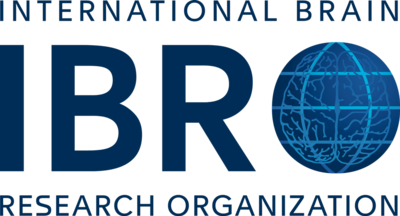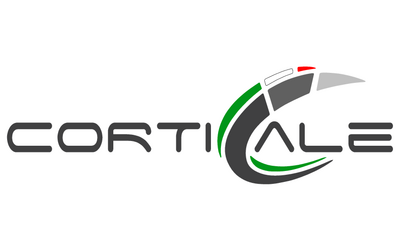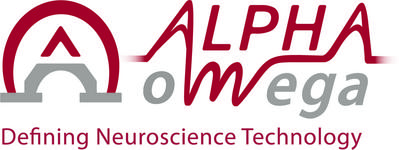NEUROBIOLOGY OF SOCIAL BEHAVIORS
September 09-14, 2023
Erice, Sicily, ITALY
Workshop Organizers

F. Papaleo (Istituto Italiano di Tecnologia, Genoa, Italy)
S. Wagner (Haifa University, Haifa, Isarael)
V. Grinevich (Heidelberg University, Heidelberg, Germany)
PF. Ferrari (Istitut de Sciences Cognitives Marc Jeannerod, Lyon, France)
Purpose of the Workshop

Animals (including humans) are social entities, living in social structures, organizing themselves and operating within the framework of cooperative interactive behaviors. Complex, heterogeneous and continuous social interactions are evolutionary conserved processes, shaping our life and survival. These are processes defining the entire society as well as each individual well-being. Indeed, they don't influence only “social behaviors” per se, but are critical in several other domains such as decision making, planning, language, spatial processing, stress, learning, etc. Moreover, most psychopathologies and neurodevelopmental disorders are associated with disregulation of social behaviors and therefore our comprehension of their neural bases is critical for many aspects.
But are all these interactions qualitatively the same? Does ‘social interaction’ have the same meaning for different subjects in different contexts? Which core aspects of complex social interactions are really conserved between different species? What are the mechanisms underlying all these distinct social behaviors?
In this workshop we bring together leading experts in this field who will apply an interdisciplinary approach to social behaviors to better understand their evolution, organization and regulatory mechanisms. The workshop will attempt to understand these aspects of social behaviors in different animal species (including humans) and will foster discussion between scholars, students and researchers from different fields of sciences: Neuroscience, Ethology, Psychology, and Psychiatry.
With these overreaching goals, since July 2021 (and since then every 3 weeks) we started a “virtual” initiative named as “The (European) Social Club” to share current/new data and tools between European laboratories focused on biological mechanisms underlying social behavioral processes. The format of these virtual data club meetings, “extended” to all participant laboratories, has been that in each meeting one postdoc or advanced PhD student from each lab presents their project, data, new tools, etc. PI of each laboratory introduces the speaker. A presentation of about 30 minutes followed by 30 min Q&A and discussion has been implemented.


